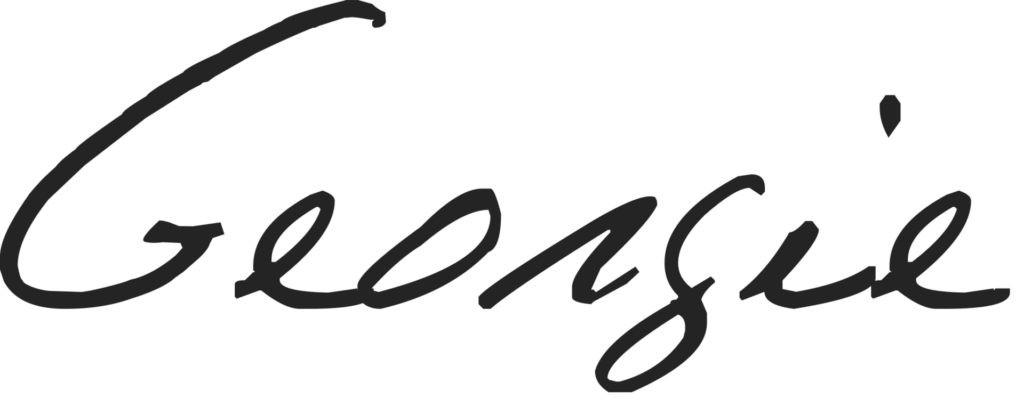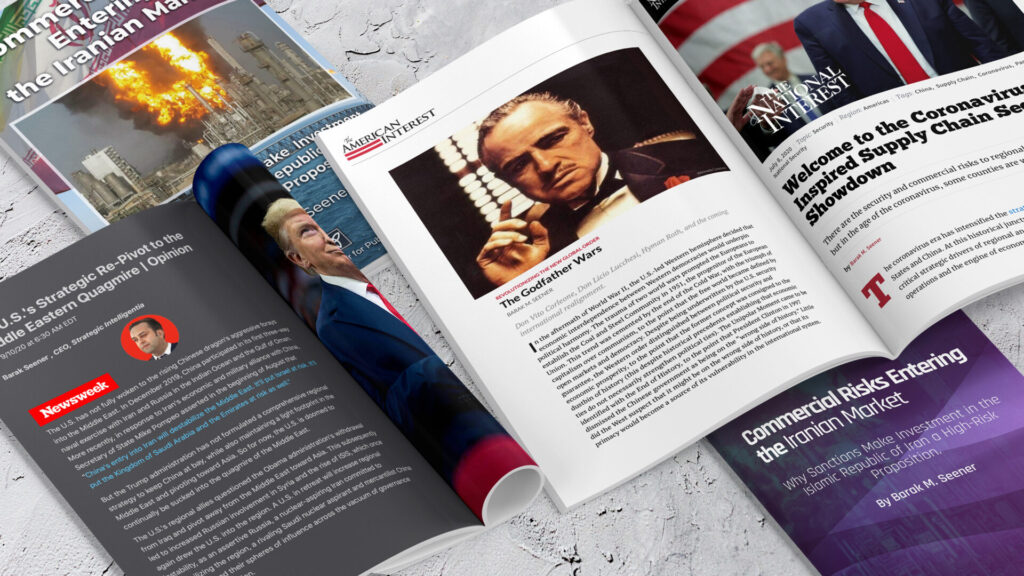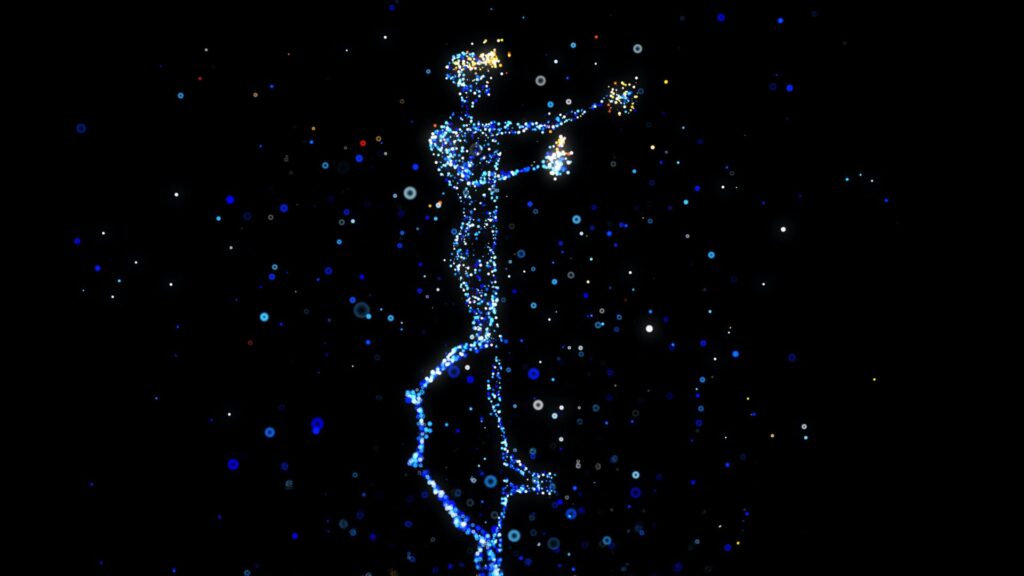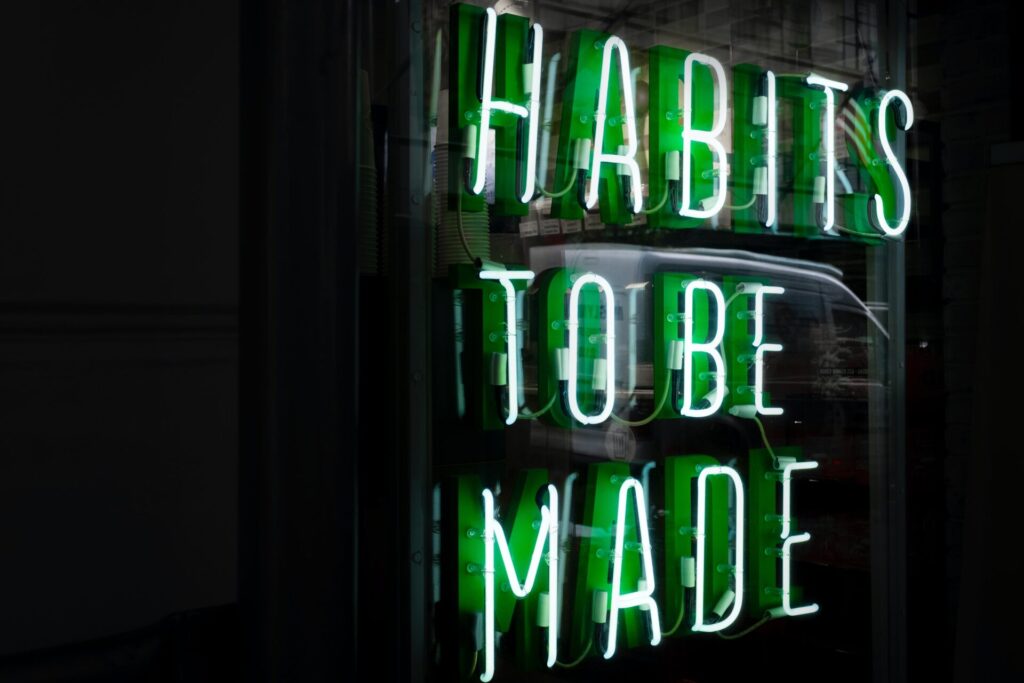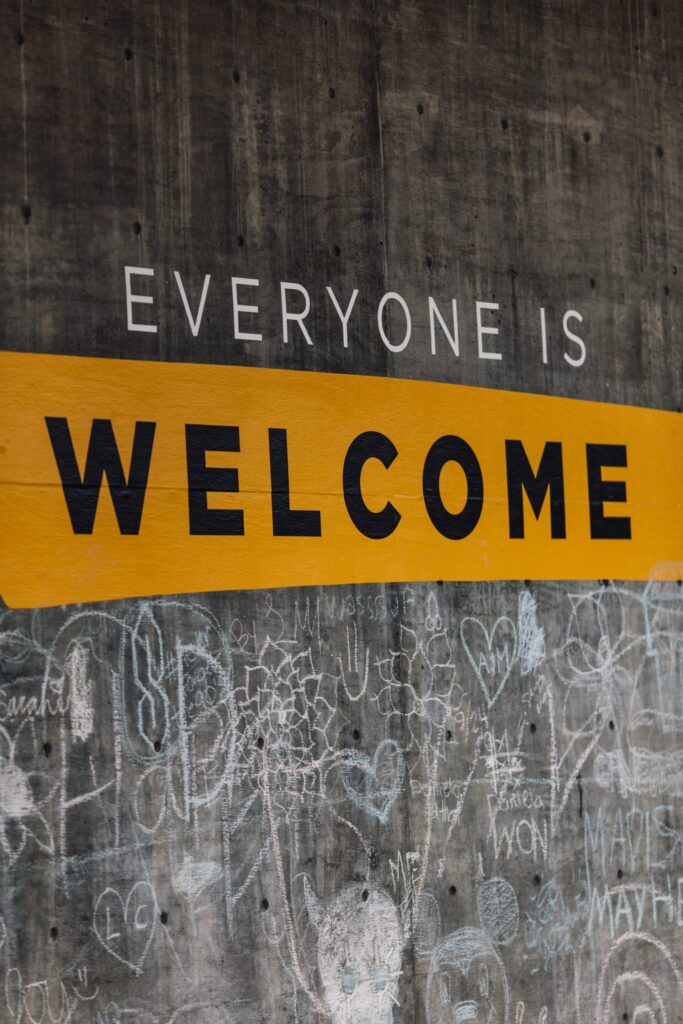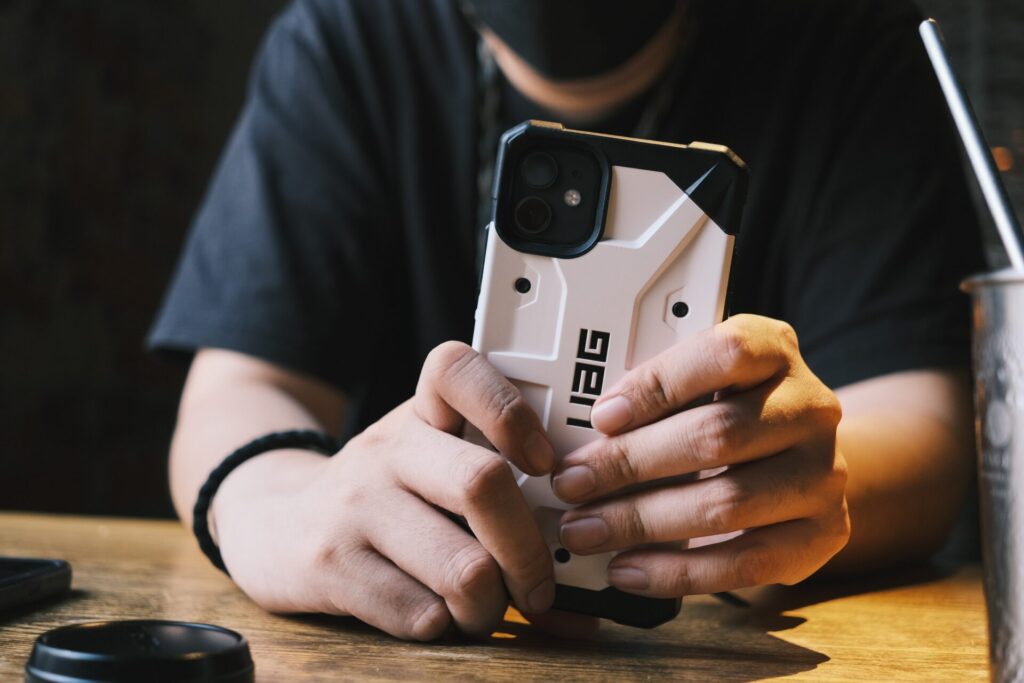“I don’t like that man. I must get to know him better” – Abraham Lincoln, US President.
In the first 10 seconds of meeting someone, you pass judgement. Not you specifically, but everyone. Whether we like it or not, we form an idea of someone before they have even opened their mouth.
We might consider ourselves as reasonable, rational and fair but think again. Because almost certainly, you’re biased against something. It happens without us even realizing it. It’s kind of like a blind spot. It’s there but you don’t even know it. And if you’re not careful it can cause an accident.
Even if many of us are born into ostensibly open-minded environments, our worldview is forged by outside messaging – it’s all around us, but it’s also invisible to us – which is why our biases happen without us even realizing it. We don’t realize how much it has shaped our behavior until we are told to reverse and removed it because we are so profoundly shaped by our own socialization.
So, what is a subconscious bias? It’s the tendency for people to think/feel a certain way about other people, based upon the stereotype that exists for that person. If your whole life you have been taught that thin = good and fat = bad, that belief becomes internalized, confirms your view of the world and can affect how you treat someone. Stereotypes become stereotypes because of persistent pattern and frequency. Based on these associations, the brain creates a neuropathway to house these beliefs to accept and expect them. It’s only until you start to flip these associations that a new neuropathway is formed – but it can take years for it to be properly paved and cemented.
Our beliefs affect the way we work with people, especially when people are from a very different group. And in any global city, that can be pretty tricky.
Where there are many people from many cultures, relations can be joyous and challenging in equal measure. We are all so different. We see the world through our unique set of filters – which can cause abrasive behavior, if there is a lack of understanding. In the workplace, the commonality between everyone is the job itself. And perhaps, not much else. However, getting to know your colleagues in the workplace is key to improving business. How? Because when communication is improved, you increase your RoI. Why? Because unified company culture will be felt by your clients and they will willingly trust in your service. It naturally breeds future success and sustainability.
Although, no one said getting to know people would be easy, it’s actually really hard! But we need to understand people in order to be able to change behavior if it is proving to be an obstacle.
Empathy in the workplace, especially during the pandemic, has been an essential requisite. But what is the difference between empathy and sympathy? Sympathy is when you share the same feeling. But empathy is when you have an understanding but don’t necessarily feel. Some would say, one doesn’t exist without the other, but in the workplace, sympathy, if not carefully controlled, can get out of bounds and then create unprofessionalism. Empathy comes with natural borders. Overly sympathizing can create a spill that’s different to clean up, running the risk of making an issue bigger than it needs to be.

Empathy is needed for those difficult conversations where someone might be having a tough time of it professionally and personally. This has been the year where almost everyone has been depleted mentally, spiritually and emotionally – the effects of the pandemic has taken a hold on almost everyone, which in a way, is a good thing, because there is tacit understanding and a bank of empathic resources we can pool from to make everyone seen and heard.
Key tenets for empathic interaction, not just in the workplace
- Trust – establishing this allows for honesty and transparency.
- Self-knowledge – when you know where your own emotional landmines exist, and have gone through the motions, you have a capacity to empathize. And when it comes to your implicit biases, simply knowing is enough because you recognize it and have that level of self-awareness to improve – which means in the future you will catch yourself and make considerate choices.
- Flexibility – options give freedom of choice to make decisions that work best for that person.
- Patience – everyone reacts differently to different scenarios. Don’t rush someone to act and feel something that doesn’t immediately come natural to them.
- Listening skills – the best form is active listening. It may seem like it’s a passive way to listen but when you allow someone else to speak, it signals undivided attention and a duty of care.
Sometimes, conveying empathy can be tricky. What do you do and say? Most people are worried they will say or do the wrong thing. So, we have a selection of supportive statements you can glean from…
“Thank you for trusting me with this. It means a lot to me.”
“From what I’m hearing, you are feeling X. Is this right?”
“It makes sense you are feeling this way.”
”Don’t worry, that’s an easy mistake to make.”
”This must be very overwhelming.”
“This situation is difficult. But let’s try and find a solution.”
What you establish in all of these statements is validation and clarification so that the person feels you care enough to try and understand.
At Evoke, questioning is our modus operandi. How do we know what we need to know if we don’t ask questions? Therefore, you should do the same to build a picture, rapport and relationship with the people you work with. Ok, don’t bombard them with questions – especially if the situation is sensitive, and things in the workplace often can be, but you get the drill. Take an interest and that will translate to a nurturing environment which your clients will pick up on and feel confident to work with you. Because, if things hit the fan, they will know you have the capabilities to mindfully and responsibly do something about it within your capacity to find a solution.
Bringing this to a close with a key caveat: no one expects you to be an expert in cross-cultural populations and how to navigate them. But having an understanding of how people have come to be the way they are, personally and in the workplace, improves interactions and then the rest follows.
And remember, leave that implicit bias at the door.

